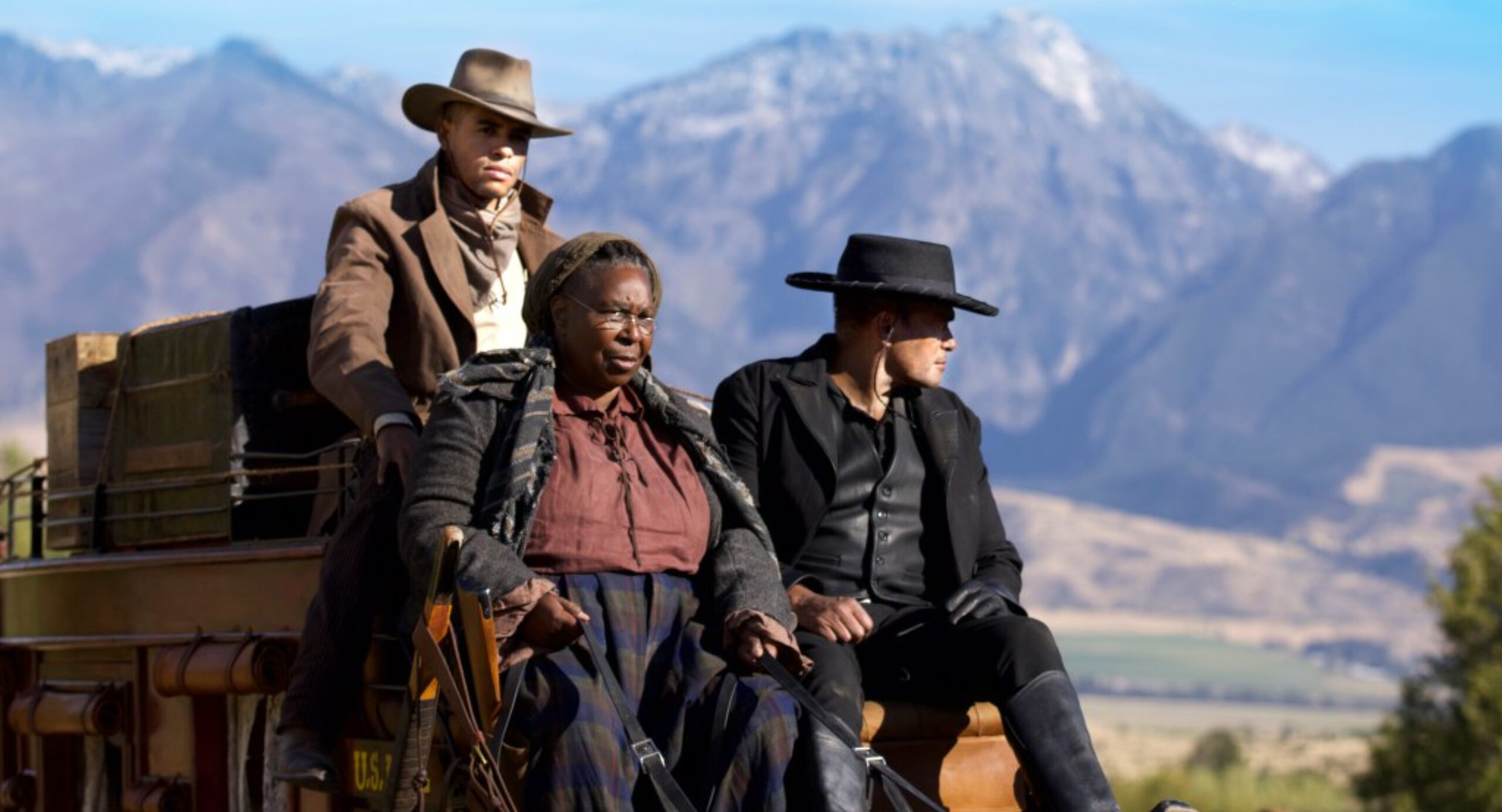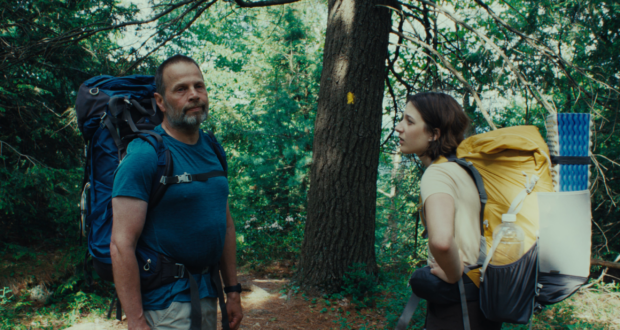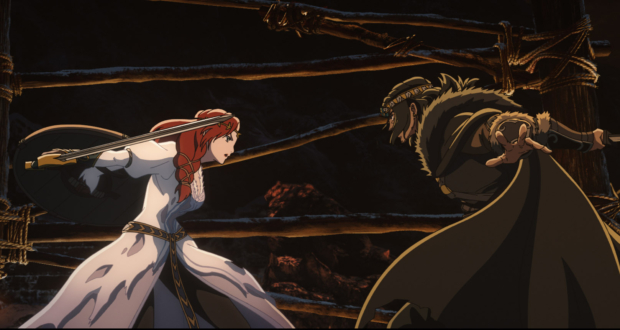Mario Van Peebles’ Outlaw Posse is a film that attempts to reconfigure the traditional Western landscape with a contemporary heartbeat, aiming to blend the ferocity of justice with the nuanced tapestry of racial and social commentary. Set in the arid expanses of 1908 Montana, it centers around Chief (played by Van Peebles himself), a man who emerges from the shadows of Mexico to reclaim a stash of reparations gold wrongfully wrested from his grasp. His journey, however, quickly becomes a nightmarish trek, as he is dogged by the relentless Angel (played with an icy veneer by William Mapother), whose singular focus on the gold spawns a vicious cycle of violence.
The Bad:
While the premise teems with potential and the cast boasts a collection of distinguished actors—ranging from Whoopi Goldberg’s turn as Stagecoach Mary to Edward James Olmos’ portrayal of Ossie—the film, unfortunately, does not quite deliver on its promising foundation. With a runtime that feels simultaneously bloated and rushed, Outlaw Posse struggles under the weight of its ambitions, resulting in a narrative that is both undercooked and overplayed.
Van Peebles’ direction and screenplay, though laden with palpable passion, falter in execution. The film often feels like a series of disconnected vignettes rather than a cohesive whole, leading to character arcs that are hastily introduced and then abandoned, emotional beats that miss their mark, and themes that are touched upon but never fully explored. This disjointedness does a disservice to the rich narrative landscape that the premise promises, leaving the audience grasping for a thread that connects the tapestry of ideas presented on screen.
The film’s antagonist, Angel, embodies one of the most critical flaws of Outlaw Posse: a lack of subtlety and nuance. Angel’s pursuit of the gold, and by extension, Chief, is portrayed with such over-the-top malevolence that it strips the character of complexity, reducing him to little more than a caricature of villainy. This, unfortunately, encapsulates the broader issue with Outlaw Posse—its tendency to opt for surface-level exploration of themes like justice, reparation, and survival, rather than delving into the depths that these topics demand.
The Good:
Performance-wise, the ensemble cast brings a level of gravitas to the film, with Goldberg’s Stagecoach Mary serving as a standout. Her portrayal of the rugged, no-nonsense frontierswoman adds a layer of depth and humanity. But, this film is otherwise marred by two-dimensional characters. Cedric the Entertainer’s Horatio and John Carroll Lynch’s Carson provide brief moments of levity and introspection. Sadly, their characters, much like the others, suffer from underdevelopment. Van Peebles’ Chief is good, but he alternates between stoic heroism and enigmatic aloofness. He never quite gives the film the emotional resonance it needs.
On a technical level, Outlaw Posse does offer some visually striking moments. The cinematography captures the rugged beauty of the Montana landscape with a keen eye. The backdrops could have been characters in their own right, had they been given the space to breathe. The film’s fragmentary mood is exacerbated by harsh editing and music that alternates between evocative and obtrusive.
Overall:
Perhaps the most perplexing aspect of Outlaw Posse is its uneven pacing. Frenetic action moments and dialogue-heavy scenes create character yet stall the story. This erratic pacing muddles the storyline. But, it also diminishes the impact of its more potent moments, a well. This leaves the viewer disengaged and disconnected from the stakes of Chief’s quest and the lives entangled in it.
By trying to redefine the Western through a modern lens, Outlaw Posse bites off more than it can chew. The film’s attempt to blend racial injustice, moral uncertainty, and salvation is admirable. However, its execution is lacking. It is a movie that juggles what it wants to be and what it is. It’s a mix of ideas that never quite work together.
Ultimately, Outlaw Posse is a film that is bogged down by its myriad of issues. It stands as a testament to the challenge of balancing ambition with coherence. It’s a reminder that even the most vibrant of visions can falter in the face of hasty execution.
-
Acting - 7/10
7/10
-
Cinematography/Visual Effects - 7/10
7/10
-
Plot/Screenplay - 4/10
4/10
-
Setting/Theme - 4/10
4/10
-
Watchability - 4/10
4/10
-
Rewatchability - 2/10
2/10

















